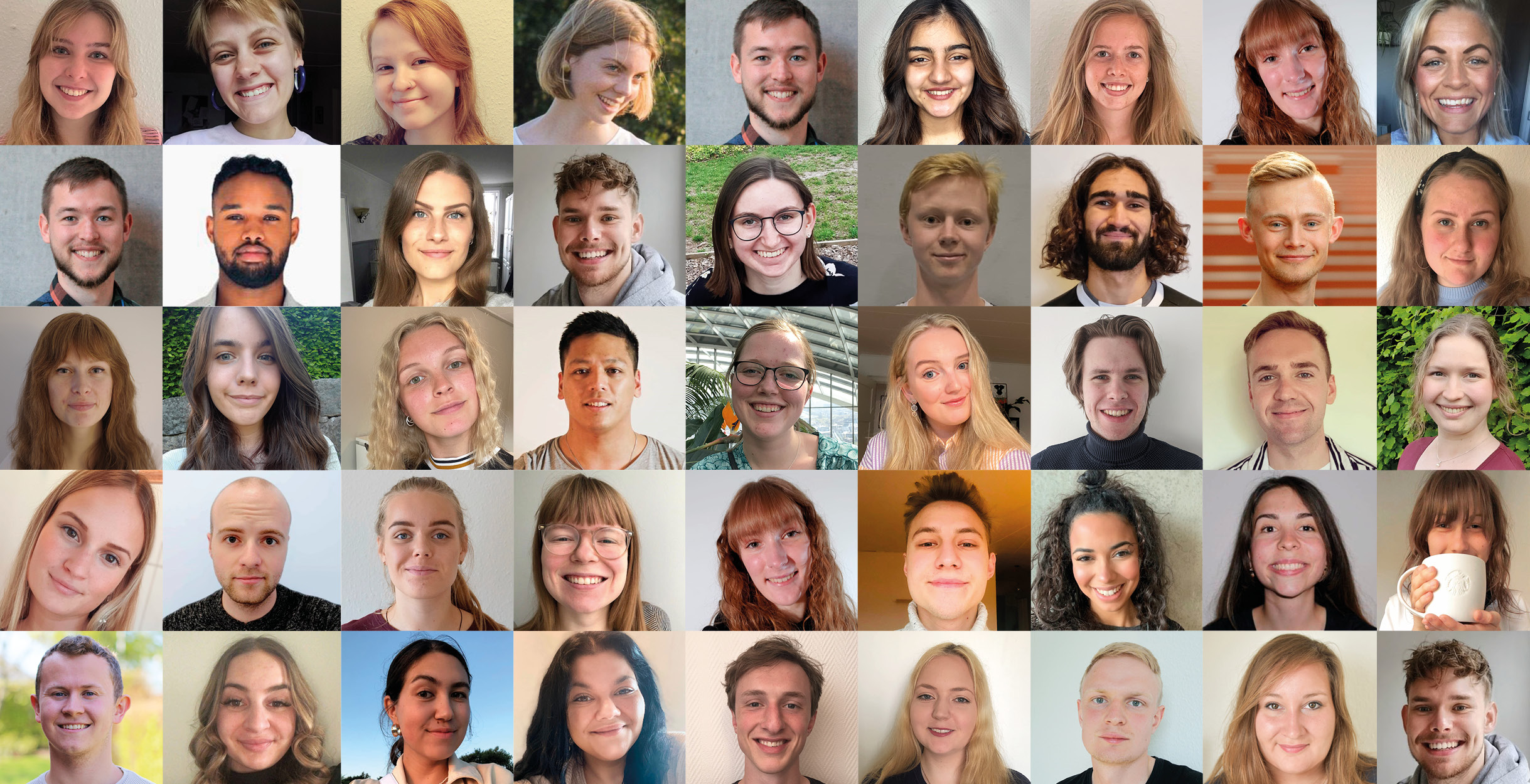Entry requirements
To apply for the professional Master's programme in Software Engineering, you need a relevant Bachelors' degree within Engineering or Science as well as a relevant professional occupation. 4 out of 6 requirements mentioned here below must be fulfilled:
- 5 ECTS in Materials Science
- 5 ECTS in Quality Management
- 5 ECTS in Production Technology
- 5 ECTS in Inventory Management
- 5 ECTS in Supply Chain Management
- 5 ECTS in Industrial Engineering / Engineering Management
Degrees from Denmark that fulfil the requirements
- BEng in Global Management and Manufacturing from University of Southern Denmark
- BEng in Global Management and Manufacturing from University of Aarhus
- BEng in Manufacturing Engineering and Management from University of Southern Denmark
- BEng in Manufacturing Engineering and Management from Technical University of Denmark
- BEng in Machine and Production from Aalborg University
- BSc in 'Globale Forretningssystemer' from Aalborg University
BSc in Innovation and Business from the University of Southern Denmark provided that:
- You have written your Bachelor's thesis within the field of operations management, supported by a supervisor from the Operations Management-programme
BSc in Product Development and Innovation from the University of Southern Denmark provided that you meet the following conditions:
- You were admitted to the bachelor programme in September 2014 or earlier.
- You have completed the module 'Supply Chain Management 3' from the Global Management and Manufacturing-programme or 'Operations Management 3, ERP, Automation' from the Manufacturing Engineering and Management-programme.
- You have written your Bachelor's thesis within the field of operations management, supported by a supervisor from the Operations Management-programme
The list is not exhaustive. If you hold a similar degree, the faculty will assess your degree once you apply.
Relevant occupation
You may meet the requirement regarding relevant occupation in three different manners:
- If you are an employee of a relevant public or private company with a minimum working week of 25 hours on average
- If you are self-employed in your own relevant company with a minimum working week of 25 hours on average. Your company must have a revenue and relevant activities that generate earnings.
- If you are an entrepreneur with your own relevant company with a minimum working week of 25 hours on average. Your company must either have a revenue and relevant activities that generate earnings, or be affiliated with a public or private entrepreneurial milieu.
Read more about the employment demands.
English language requirements
The programme is taught in English. Therefore, you are required to submit proof of your proficiency in English as part of your application. See the English language requirements.
Selection criteria
There is a limited number of study places. If there are more qualified applicants than study places, the selection of applicants will be based on an assessment of the academic level in relevant courses on your bachelor’s degree. The following criteria are included in the assessment, each criterion weighs 50% in the overall assessment.
- Courses in the following subject areas (ECTS points)
You will get one point if you have more than 5 ECTS. You can get up to 6 points in total.
- Materials Science (1 point)
- Quality Management (1 point)
- Production Technology (1 point)
- Inventory Management (1 point)
- Supply Chain Management (1 point)
- Industrial Engineering / Engineering Management (1 point)
- Grades in above mentioned subjects
A grade above 10 (according to the Danish 7-point grading scale) in a subject area will give 1 point. You can get up to 6 points in total.
Note that grades obtained after the application deadline are not included.
Relevant enclosures
It is important that you submit the following enclosures for evaluation:
- Your graduate diploma, including a transcript of records.
- If you have not yet passed your degree: Your newest official transcript of passed as well as registered courses. If you use the data exchange function in the application portal, please be aware that only passed courses are included in the generated file. Therefore, if you are registered for courses with specific relevance to the entry requirements, you have to upload a separate transcript of your course registration.
- Proof of any supplementary courses you might have passed.
- Course descriptions for each of the courses in your degree.
- Proof of your English proficiency.
- Documentation for relevant occupation. Read more about how to document your occupation here.
As a Bachelor student at SDU, you can apply for permission to follow up to 30 ECTS Master-level courses even though you have yet to complete your Bachelor’s degree.
You can be granted permission if you have the necessary academic qualifications. The progression of your Bachelor’s programme is crucial to the outcome of your application.
Check to see whether you fulfil the conditions
By choosing your faculty below you can see which conditions you generally must fulfil to be permitted to take Master-level courses. Please acquaint yourself with the rules before you apply for permission since you must indicate in your application whether you fulfil the conditions or not. Read more here.
If you have previously been admitted to the programme, or already are, then special rules may apply when you apply for admission.
Find the scenario that suits you and read more: Re-enrolment, re-admission, transferring and change of programme
Have you completed a Master’s programme?
If you’ve already obtained a Master’s degree, you can only be admitted to a new Master’s programme if there are vacant study places in the programme.
Learn more about rule and the possibility to apply for exemption.
Have you completed another type of study programme?
As long as you do not hold a Master’s degree, you are free to apply for admission to a new programme.

